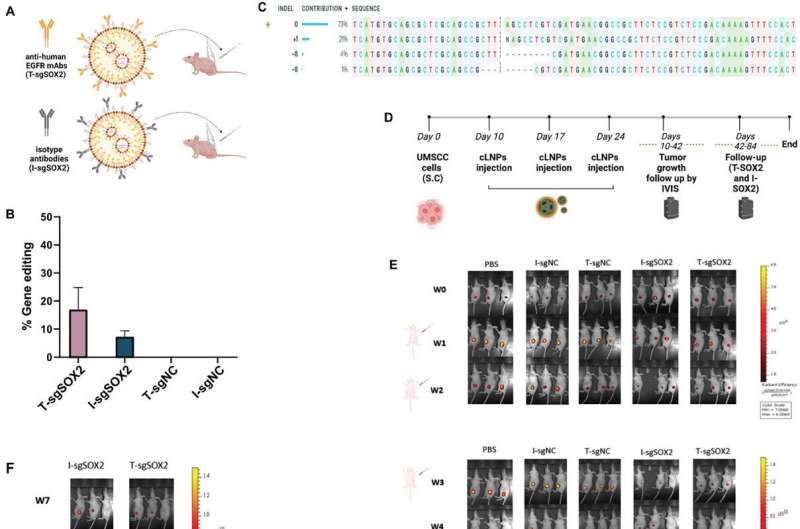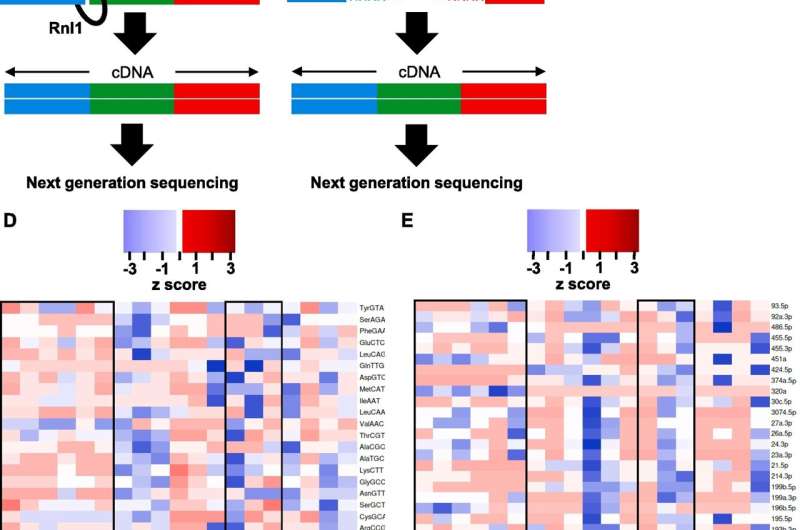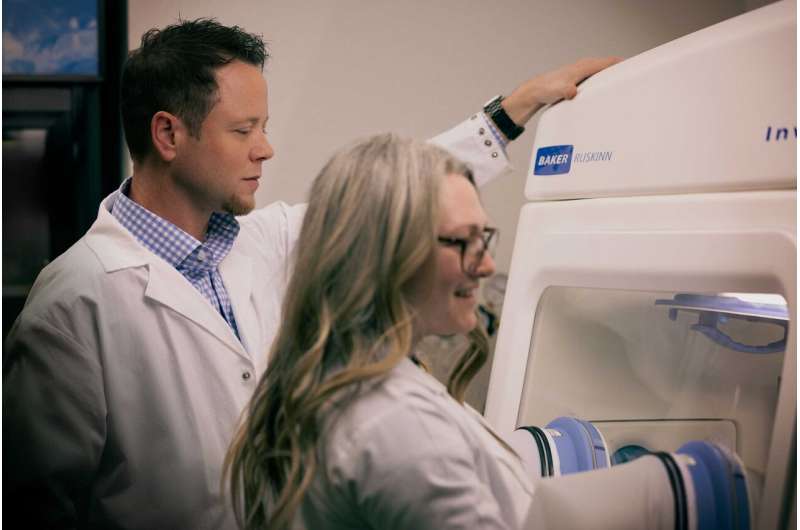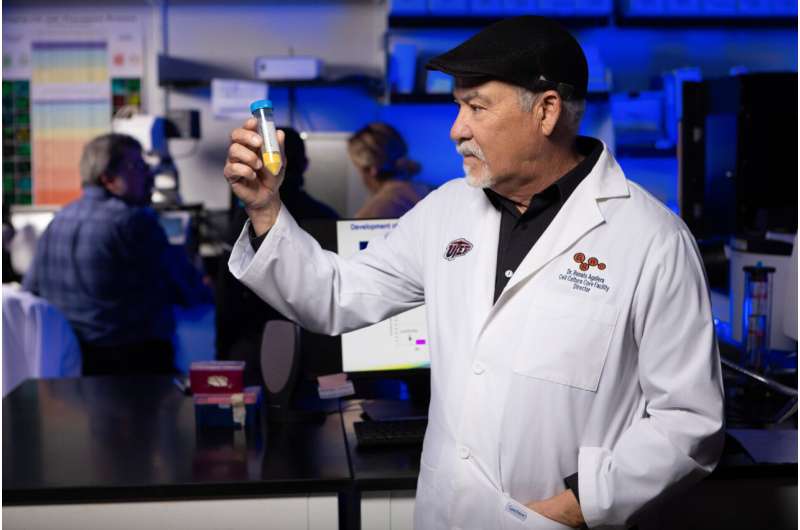CRISPR cuts gene from head and neck cancers through direct injection – 50% of tumors eliminated in animal models

Researchers from Tel Aviv University utilized CRISPR to cut a single gene from cancer cells of head and neck tumors—and successfully eliminated 50% of the tumors in model animals.
Diabetes drug could help cancer patients make better recovery

A common type of diabetes medication could help cancer patients make a better long-term recovery, according to new research from the University of East Anglia.
Minimally invasive prostate cancer treatment shows success in first patient

Bill Faulkner had long approached prostate cancer testing with skepticism. For almost a decade, the 73-year-old had avoided the prostate-specific antigen test because of concerns about over-diagnosis; over-treatment; and, most of all, the potentially life-altering side effects of invasive surgical treatments.
New drug shows promise in treating childhood bone cancer

A new drug that works against the main types of primary bone cancer has been developed by researchers at the University of East Anglia and University of Sheffield.
Genetic testing offers hope for targeted childhood cancer therapies

New research has looked into a comprehensive and structured approach to genetic testing, matching children and young people with cancer to targeted treatments.
Certain genetic alterations may contribute to primary resistance of certain cancers to KRAS G12C inhibitors

The KRAS G12C mutation is found in approximately 3% of all colorectal cancer cases and 1% to 2% of pancreatic adenocarcinoma cases, according to Hao Xie, MD, PhD, a medical oncologist at Mayo Clinic Comprehensive Cancer Center.
Study finds new potential for prostate cancer immunotherapy

A new study by University of Arizona Health Sciences researchers found that an immunotherapy previously shown to be ineffective against prostate cancer may have therapeutic potential when combined with a synergistic treatment approach. The paper was published in the journal Cancer Immunology Research.
Common malaria drug repurposed to fight cancer

Can a drug that’s used to treat malaria be repurposed to fight cancer? Researchers at The University of Texas at El Paso have secured a patent for the anti-malarial drug pyronaridine to do just that. Pyronaridine has been used to treat the mosquito-borne infectious disease for over 30 years.
Breast cancer drug Supinoxin shows potential for small-cell lung cancer in new tests

Purdue University scientists have identified the Supinoxin small-molecule drug as a possible new therapy for small-cell lung cancer (SCLC).
DNA origami offers more accurate imaging in the fight against pancreatic cancer

One of the challenges of fighting pancreatic cancer is finding ways to penetrate the organ’s dense tissue to define the margins between malignant and normal tissue
Radioiodine therapy found to improve relative survival rates of differentiated thyroid cancer patients

Differentiated thyroid cancer patients who receive radioiodine (RAI) treatment after surgery have increased relative survival rates compared to those who do not receive the treatment.
AI diagnoses endometrial cancer with near perfect accuracy

One of Australia’s most common gynecological cancers could be detected sooner and more accurately thanks to a specialized artificial intelligence (AI) model, new research shows.






